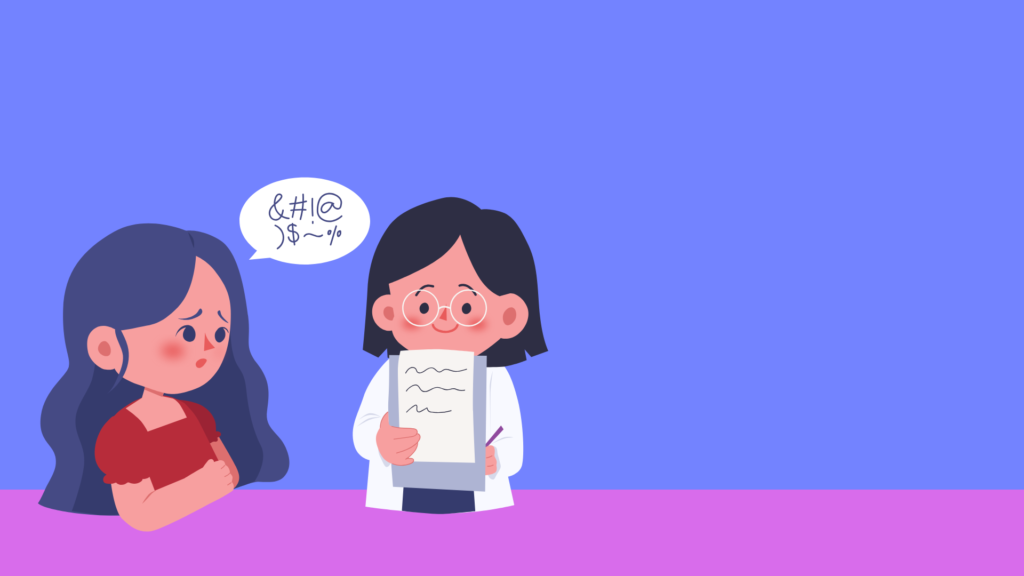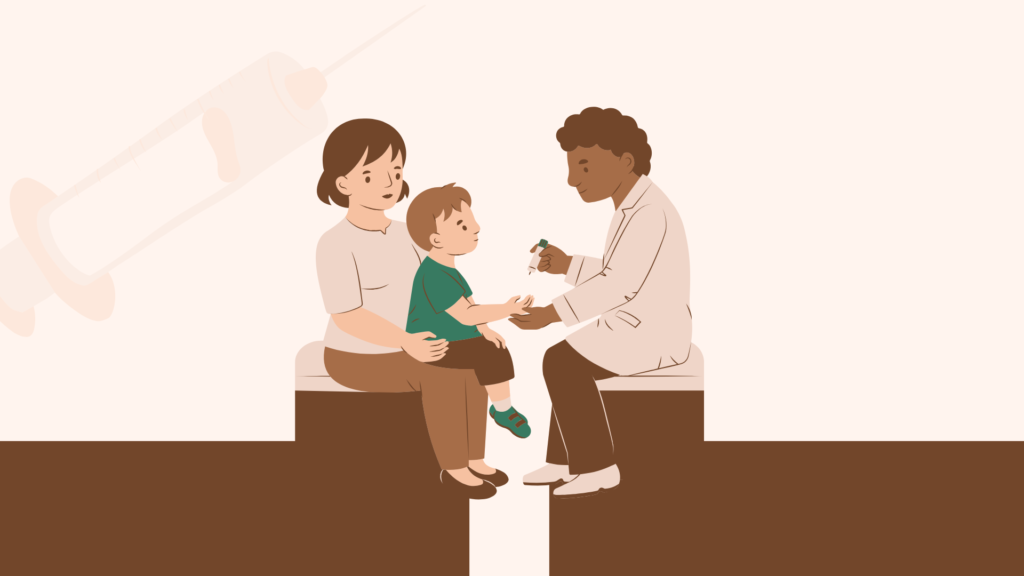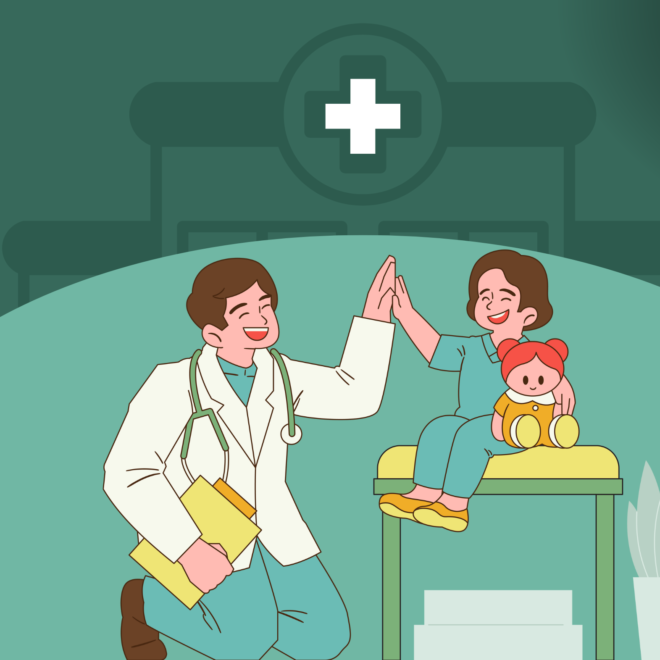|
Getting your Trinity Audio player ready...
|
Nobody enjoys getting a shot, but the vaccines administered by doctors and nurses using needles are crucial for protecting you from serious diseases. These illnesses can cause severe health problems, and the brief discomfort of a shot is far less severe than the effects of these diseases.
How Do Vaccines Protect Children?
Vaccines work by introducing a small, harmless part of a disease-causing germ or a weakened or dead version of the germ into your body. If you were exposed to the live, active germ, it could make you sick (for example, with measles). However, the tiny, weakened, or inactive part of the germ in the vaccine doesn’t cause illness. Instead, it triggers your immune system to produce antibodies, which are part of your body’s defense system. These antibodies remain in your body, ready to fight off the disease if you encounter the actual germ in the future.
When your body develops this kind of protection, it’s called immunity. In most cases, this means you won’t get the disease at all. However, sometimes you might still experience a mild form of the illness. For example, even children who receive the chickenpox vaccine might still get a mild case of chickenpox, but it’s usually much less severe, with fewer spots and less itching.
How Are Vaccines Administered?
Vaccines are typically given as injections using a needle. A syringe holds the liquid vaccine, and the needle allows the liquid to be injected into your arm or thigh.
When Do Kids Get Vaccines?
Most of the vaccines children need are given by the age of 2. If you’re old enough to read this, you’ve likely already received most of your shots! After that, kids only need a few more vaccines between the ages of 4 and 6, and then again around 11 or 12 years old.
Additionally, most children should get the flu vaccine every year. Many kids can now receive the flu vaccine as a nasal spray instead of a shot. The nasal spray is a mist sprayed into the nostrils, eliminating the need for a needle. Both the shot and the nasal spray are equally effective, and your doctor can recommend which option is best for you.
Why Are Vaccines Important for Kids?
Vaccines are essential because they protect children from serious diseases. When nearly all kids are vaccinated, these illnesses have little chance of spreading, keeping everyone healthier. In the United States, most children receive all their recommended vaccines, which is why diseases like measles or mumps are rarely seen today. Schools and camps often require proof of vaccination to prevent the spread of these illnesses.

Does Getting a Shot Hurt?
Yes, getting a shot can hurt a little, but the pain is usually brief. It’s okay if you cry—many kids do! To make the experience easier, you can bring a favorite stuffed animal or ask a parent to hold your hand. Sometimes, you might even get a small reward afterward, like a sticker or a trip to the playground.
After a shot, your arm might feel sore, look red, or develop a small bump where the needle went in. You might also experience a mild fever. These side effects are usually temporary and can be managed with pain relievers like acetaminophen or ibuprofen. If you have any concerns, your parents can discuss them with your doctor.
It’s normal not to like shots, but they are one of the best ways to stay healthy and protect yourself from serious illnesses!



